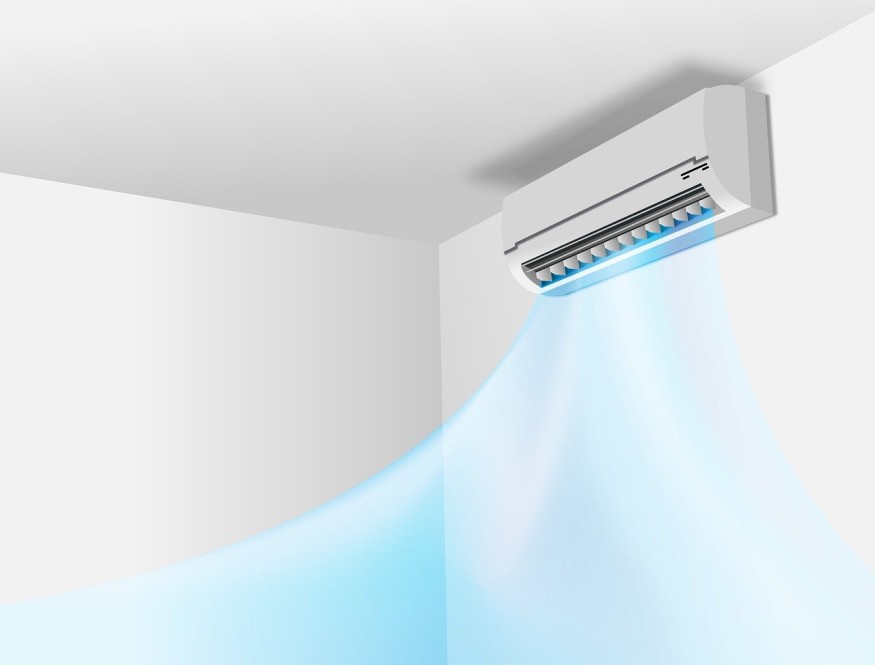
In the past, long before the COVID-19 pandemic, many people work in closed spaces without opening their windows. This means that the air quality of the room is determined by the centrally controlled heating, ventilation, and HVAC systems.
According to Raefer Wallis, an in-demand and leading expert on healthier buildings who specializes in interior air, the COVID-19 pandemic has caused a surge in indoor quality improvements.
How Clean Is the Air You Breathe In the Office?
COVID-19 vaccines are on their way to the US and many companies and organizations are now considering returning to work in offices next year. For employers and employees, this means an increased focus on the HVAC systems in their buildings to address possible COVID-19 transmission, as well as common colds, and other airborne bugs that might be blown by the stream of HVAC systems.
So the real question now is: does your office building have the technology in place to monitor the air quality and is the air you breathe in is fresh air?
According to BBC, Wallis' job is to test and certify sensor-based systems that allow the company to monitor the air quality inside their offices in terms of viral load, other air pollutants, and carbon dioxide. Since humans exhale carbon dioxide, a slightly increased amounts of it could impair a person's thinking and decision making.
"Imagine three people sitting in a mid-sized conference room," Wallis said. "[Without proper ventilation] it can take 45 minutes for CO2 to reach a level whereby the brain starts to be impaired." He added that even if only one person is sick, it only takes five to 30 minutes for them to infect other people.
Some companies have also reported installing better HVAC systems to improve the air quality as they plan to return to work in their offices soon. Also, they make sure to allow windows to be opened at times to let fresh air enter the room and let natural ventilation flow.
According to psychotherapist Danielle Sandler, employers should take the necessary steps in ensuring the air quality of their buildings as many employees are nervous about having to return to the office.
How To Improve Air Quality in the Office?
On the website of Service Master Clean, there are nine ways to improve the air quality inside the office to keep employees happy and healthy by lowering their chances of getting sick.
First, keep air vents open and unblocked so that air will circulate inside the office to prevent causing any health issues.
Second, replace air filters as frequently as possible to ensure dust and debris do not build up behind the filters that could settle inside the air ducts, the employees' health at risk.
Third, maintain a healthy level of humidity of about 30% to 50% to keep dust mites, mold, and other allergens under control. If possible, use humidifiers to control humidity in the office.
Fourth, immediately clean spills in the office because any excess moisture or residual dampness could facilitate the growth of mildew and mold that causes severe health risks.
Fifth, do not forget to add some indoor plants as it is not only pleasing to the eyes but it also absorbs toxins and produces more oxygen.
Sixth, always use fresh air by opening office windows to let the fresh air in.
Seventh, keep the office clean by regularly vacuuming, dusting, and sanitizing the office.
Eighth, inspect the air ducts if there are any signs of it affecting the air quality or circulation inside the office that needs to be cleaned or repaired. Call an expert to assess the issue and correct it before anyone gets sick.
Lastly, have the office's air quality checked by having the right tools and asking experts who know how to measure air quality in offices. Doing that will help the company know what needs to be fixed and improved to ensure good air quality.
Check out more news and information on Medicine & Health on Science Times.












